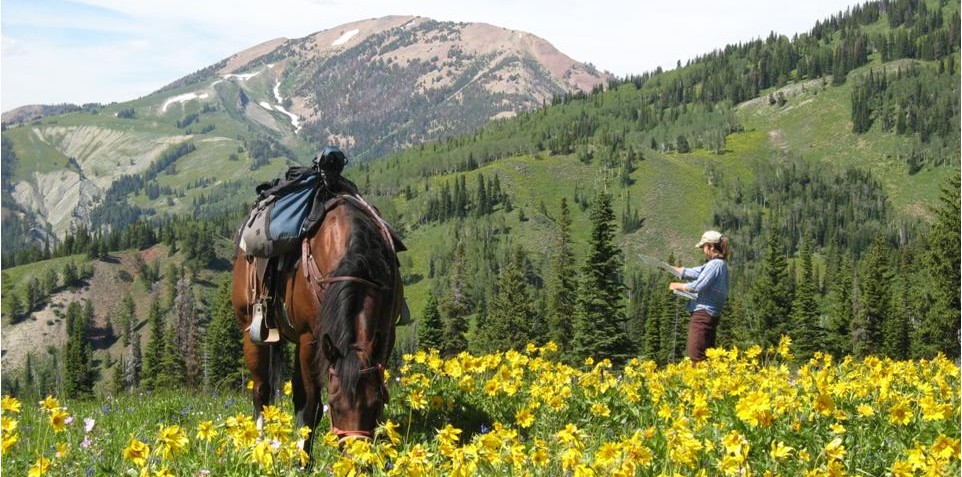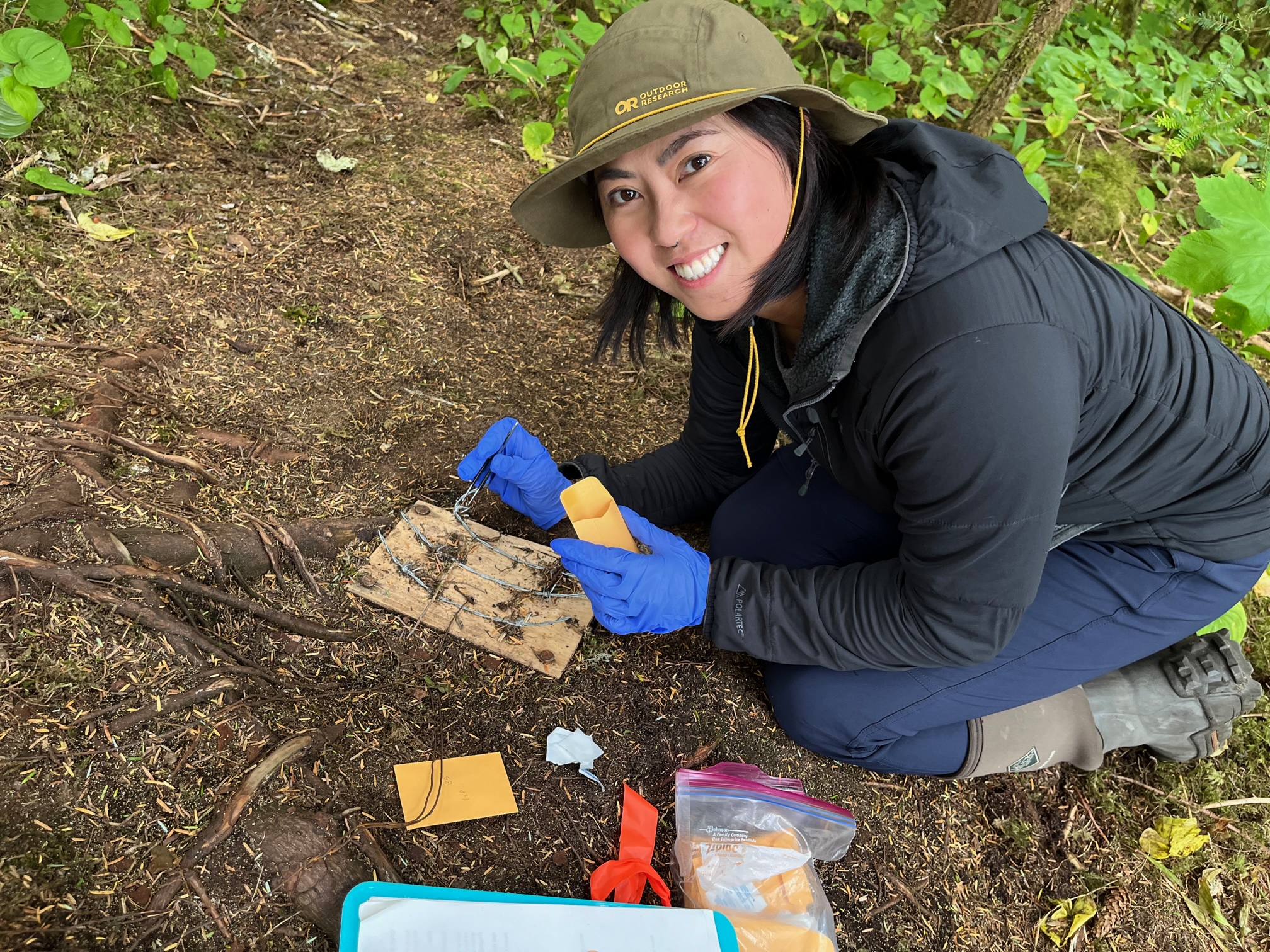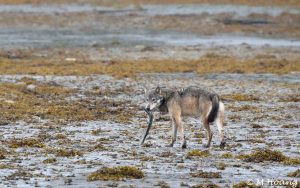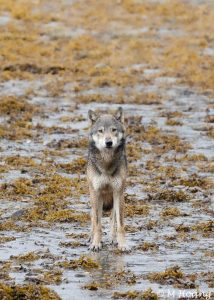Distribution and ecology of sea wolves in coast British Columbia.
Wolves in coastal British Columbia and Alaska are considered genetically, morphologically, and functionally distinct from their mainland conspecifics. However, the genetic structure within these coastal populations is not well understood, and current literature lacks the understanding of population continuity along the Pacific Northwest. These wolves inhabit temperate rainforests that occur on off-shore islands and along the mainland coast; a range that is naturally fragmented by mountain ranges, steep terrain, and expanses of ocean. Given the population’s unique ecological and genetic characteristics, concerns have been raised about whether certain subpopulations should be listed as at-risk, spurring a petition to list coastal wolves in Southeast Alaska under the Endangered Species Act. This petition has consequently sparked an urgency to gain a better understanding of the spatial extent and connectivity among subpopulations in Northwest coastal British Columbia and Southeast Alaska.
My research will aim to characterize the genetic differentiation of coastal wolves in Northern British Columbia, examine landscape connectivity using modeling software, and identify how corridors and geographical features might increase or decrease genetic continuity between subpopulations. DNA samples will be obtained by deploying non-invasive hair snag boards with commercial lures applied to evoke a scratch-and-rub response. Wolf scat will also be collected opportunistically. All DNA extraction and genotyping will be conducted at Wildlife Genetics International in Nelson, British Columbia.
2025 Update:
Michelle Hoang has been working under the supervision of Dr. Mark Boyce since September 2022. Her master’s research (funded by HCTF, SCINAC, and USFWS) focuses on assessing the genetic diversity, differentiation, and population structure of coastal wolves in northern British Columbia. Michelle and Mark conducted extensive fieldwork across north coastal British Columbia to collect wolf hair and scat samples. Forty-three wolves were successfully genotyped, and genetic analyses have identified local population structuring. Michelle is currently exploring how this structure relates to landscape features. She intends to defend her thesis this summer.
Contact Information: mhoang1@ualberta.ca
(Sea wolf with salmon picture by Michelle Hoang, taken in a remote field site near Prince Rupert, BC)



